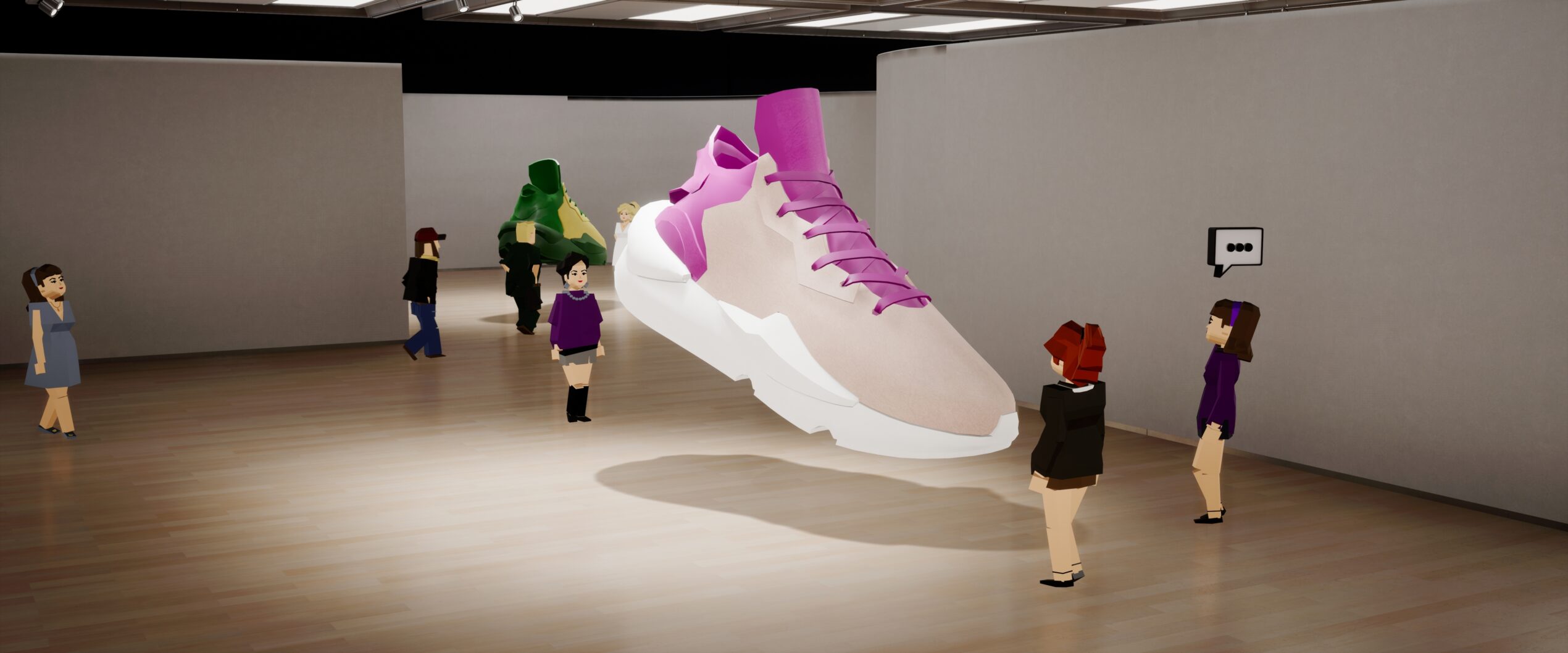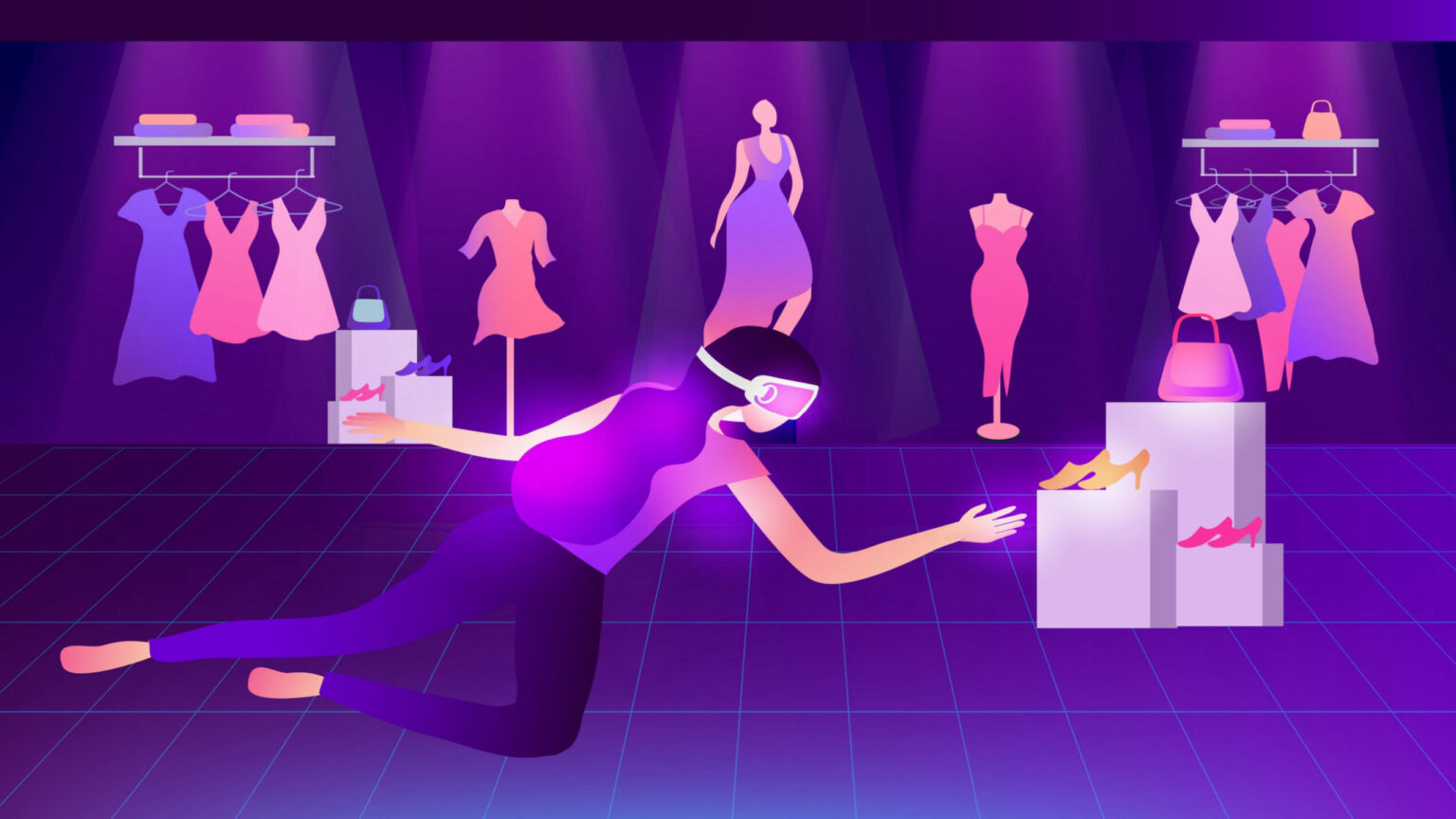Dubai has built on its commitment to become one of the world’s top metaverse economies by announcing its first virtual mall. The Mall of the Metaverse will live within the Decentraland virtual platform and is open to shoppers “seeking increased digital experiences across retail, entertainment and leisure offerings.”
The announcement was made at the World Government Summit, a meeting of thought leaders, global experts, and decision-makers developing tools, policies, and models that shape future governments.
A Step Ahead of Online Shopping
Although it is currently in the development stage, several retail units have already been confirmed for the virtual reality mall, including supermarket giant Carrefour, VOX Cinemas, THAT Concept Store, Ghawali, and the Samsung Store. Additional vendors will be confirmed in due course.
“Our swift consumer observations, followed by an action plan and a series of testing stages, has led to a fully-fledged project that is a step ahead of online shopping,” enthused Fatima Zada, director of Omnichannels and Digital at Majid Al Futtaim Shopping Malls, which is leading the venture.
“For us at Majid Al Futtaim, it is key to keep an eye on user and shopper behaviours and how they evolve overtime,” added Khalifa Bin Braik, CEO of Majid Al Futtaim Asset Management.
“We want to find new ways of creating memorable moments every day – and we’re ready to deliver that even on a network of platforms as huge as the metaverse.”
Many believe that the metaverse has the potential to enhance the way we shop online. This could manifest in many different ways. For example, instead of looking at products on a screen, your avatar could “try them on” in the metaverse. Shoppers could also explore a three-dimensional virtual store and see how products look in person before they buy them, and take trips with friends or family members navigating the same stores via their own digital selves.
This vision of a more immersive, realistic shopping experience is part of the reason why the metaverse is expected to be a $13 trillion industry by the end of the decade, with fashion and luxury retail expected to represent around $50 billion of that figure.

Many major brands have already moved onto this space, leveraging the power of web3 to enhance the customer journey and promote higher engagement. Sportswear giant Nike, for example, has its own metaverse space on Roblox (Nikeland) where users can buy and wear virtual gear, while the likes of Ralph Lauren and Chanel were recently featured within Bloomingdale’s Emperai-powered virtual world.
Ultimately, forward-looking brands will be looking to sell both physical and digital products within their avatar-driven VR/XR stores, opening up new frontiers for experiential e-commerce. The term “phygital” has already emerged to describe the ongoing integration of both digital and physical experiences.









 and then
and then